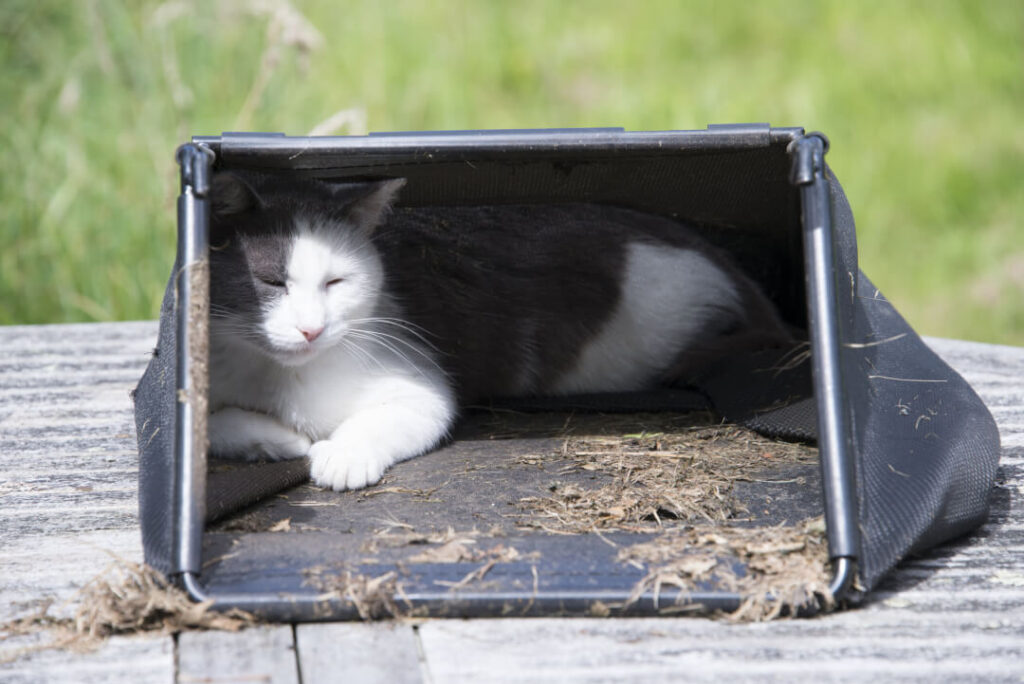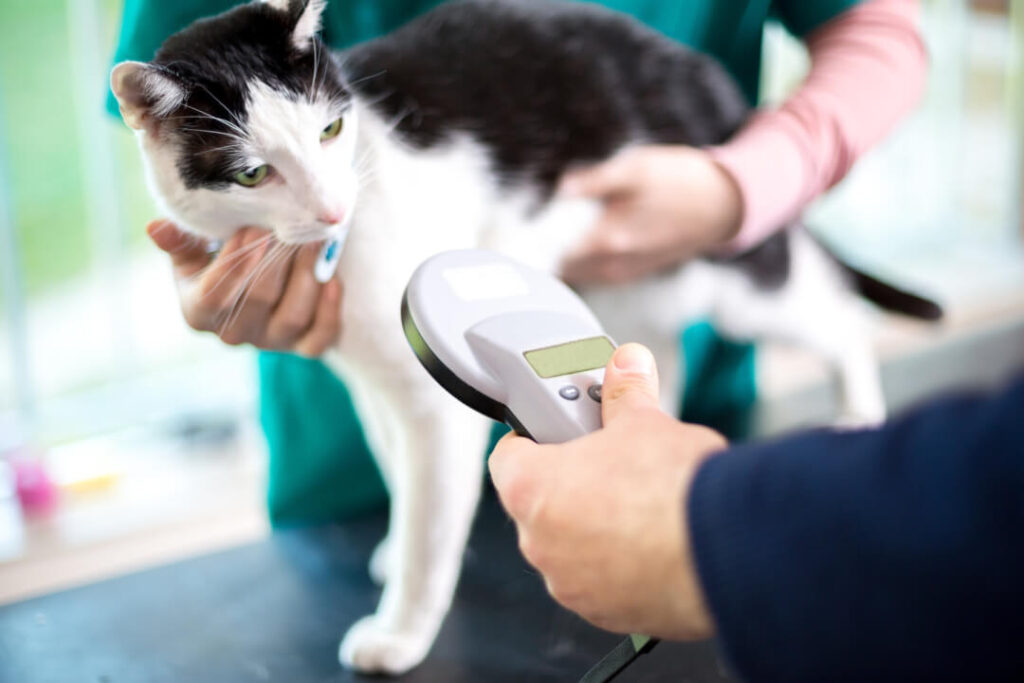CAT MISSING!
Your cat has run away and you don’t know what to do?
If you have an outdoor cat, you know that they sometimes just disappear; You shouldn’t worry when it’s one or two days. Your kitty has done it several times before, and stayed away for longer.
But as time goes by and your furry friend disappears without a trace, you get the feeling that something bad might have happened.
Where is she?
Why doesn’t she come back?
Has something terrible happened to her?
It’s as they have disappeared from the face of the earth. Why do cats do that: disappear from one moment to the next, for no apparent reason? Maybe there’s no real “running away” behind it, and it’s just the way cats move around their territory?
Why cats run away
It’s as they have disappeared from the face of the earth. Why do cats do that: disappear from one moment to the next, for no apparent reason?
Maybe there’s no real “running away” behind it, and it’s just the way cats move around their territory?
Cats and curiosity
Cats are very curious!
When they discover something or somewhere interesting, they can’t resist but to get to the bottom of it! Things get fatal when the trap snaps shut…
Then they know what it looks like in there, but they can’t get out on their own. Cellars, barns, garages or containers are irresistible, but really aren’t designed for curious cat visitors.

When a cat runs away
Time to flee! – Or is it better to hide? When cats are frightened or confronted with the unfamiliar, they tend to run away.
Even lounge lions, otherwise brave, can be panicked or feel threatened by something, whether noises or people they don’t know. Then, they prefer to vanish quickly into thin air…

When outdoor cats run away
Normally, a home-loving outdoor cat reappears after a few days.
In mating season, however, s/he can take a little longer to return home. This happens several times a year.
The “lust phase” and the search for a mate usually last until a suitable candidate is found, and only then do they come home again:
Cat excursions have an astonishingly large radius – they can even reach remote places that are not really cat-friendly. This freedom sometimes comes at a price for outdoor cats. There can be dangers lurking that don’t exist in an indoor living environment.

Dangers for domestic cats
When an indoor cat disappears, it is usually through an open door, an open window or an unsecured balcony. Indoor cats are often overwhelmed outside because they faced with many stimuli that they don’t know and which unsettle them. They panic first and then look for a hiding place. Often they quickly slip into something without thinking too much about how to get out again. Unfortunately, they are so silent that no one notices…
How to go cat hunting
You wait day in, day out and still your kitty doesn’t come home? You can’t stand waiting any longer and you want to go out looking for your cat? Just wandering around without a plan is pretty pointless, though. What do you need to know to ensure that your cat search is successful? It’s all about preparation.

Where could your cat be?
Are there favourite hiding places where she likes to go or places where you have found her before?

How will you take your cat home?
Take the cat box with you, including a cat blanket, so that you can bring your cat home safely.

Are there sources of light in the places where you want to look for your cat?
You can use a torch or your mobile phone to light up pitch-dark places and continue the search even in the dark.

What treats and food does your cat love?
Take treats or a bowl of his favourite food to entice him.

Try not to make noise when looking for your cat!
Call your cat by name, but otherwise avoid making too much noise. This could frighten your cat into staying in its hiding place.

Which neighbours could have seen your cat?
Talk to them, and ask around – preferably more than once.

File a missing report for your cat.
In animal shelters, at vets and online databases.

If your cat is unwell:
If your cat is unwell or injured, you should have the telephone number of your vet on hand so that you can call them immediately in an emergency.
Search your surroundings for the missing cat
If you lose your cat, you should first search your immediate surroundings. Start by looking thoroughly in the flat or house and only then extend your search for the missing cat. Then, go to your nearest neighbours and ask if they have seen your cat or have any idea where it might be. If it’s not there, gradually increase the radius of your search.

Often kitties slip surreptitiously into the hallway, garage or cellar without being noticed by those living there! That’s why your neighbours are usually not aware that they have a “guest”. Check with your neighbours if your cat is hiding somewhere, preferably more than once.
Sometimes animals are so intimidated that they even stay hidden when you are around! Be patient and proceed calmly.
Create a ‘missing’ poster
Create a ‘missing’ poster and stick it up in as many places as possible. It’s important to have recent photos that show what your cat looks like:
- What markings does she have?
- Are there certain features or details that make him easier to recognise?
- When (time) and where (place) did the cat run away?
- Make sure that the cat’s missing poster is weatherproof:
Wrap it, shrink-wrap it or put it in a transparent cover, before you put it up.
TIP: The more people see your missing cat poster, the greater the chance that your kitty will be recognised and found!

Search on social media
You can also search for your missing cat via social media. Online, your call for help will be spread very quickly on social networks. Through Facebook, Twitter, YouTube or Instagram, you can reach a lot of people in one fell swoop, who in turn can pass on your message. Every user is a potential finder!
Ask at the animal shelter
Animals are often found and handed in at animal shelters. It’s worth asking at animal shelters if someone has found and brought in your cat. It’s best to start is at the shelter nearest where you live. It can also be an idea to ask at the local animal welfare association or vet clinic. These are also places you can put up your missing cat poster.
If your kitty turns up there, the staff will know right away to whom this furry friend belongs and get in contact.
Report a missing cat to the police
According to German law (§965 BGB), someone who finds an animal is obliged to report it to the owner immediately. If the owner cannot be found, a lost property report must be filed with an authority or the animal found must be handed over to an animal shelter. In some municipalities, you must also report your find to the police or a lost and found office. If you file a missing report with the police, it will already be clear that the kitty that’s been found object is yours!
However, you should only go to the police if your cat has been missing for a long period of time, and not after only a few hours’ absence.

How to prevent your cat from disappearing
As long as windows and doors are closed, there is no danger.
But as soon as windows are open or a draught opens the door a crack, things can get tricky:
Cats are hunters. If they see tempting prey out there, they will squeeze through just about any space. Where their head fits through, the rest will follow! It’s easy to secure doors and windows:
For windows, there are side angles or grills, nets and roller blinds for protection. You can keep doors secure with door-stops and balconies with special netting.
Get your cat a microchip
A small chip implanted in your cat by a vet allows you to track where the cat is. If s/he gets lost or is found, the code on the chip stores your data which can be used to trace the cat back to you, its owner.

Why registration makes sense
Even if your kitty is the apple of your eye, there may come a day when she disappears from the face of the earth.
You can’t completely rule this out, but you can take precautions:
If your cat has a tattoo in its ear and a microchip, it will be easier to identify. You can have this data filed in a registration. Pet registers (e.g. “FINDEFIX”, “Tasso”, etc.) can help you to find your cat quickly.
It’s definitely worth it! There’s nothing better than having your long lost darling back in your arms.

